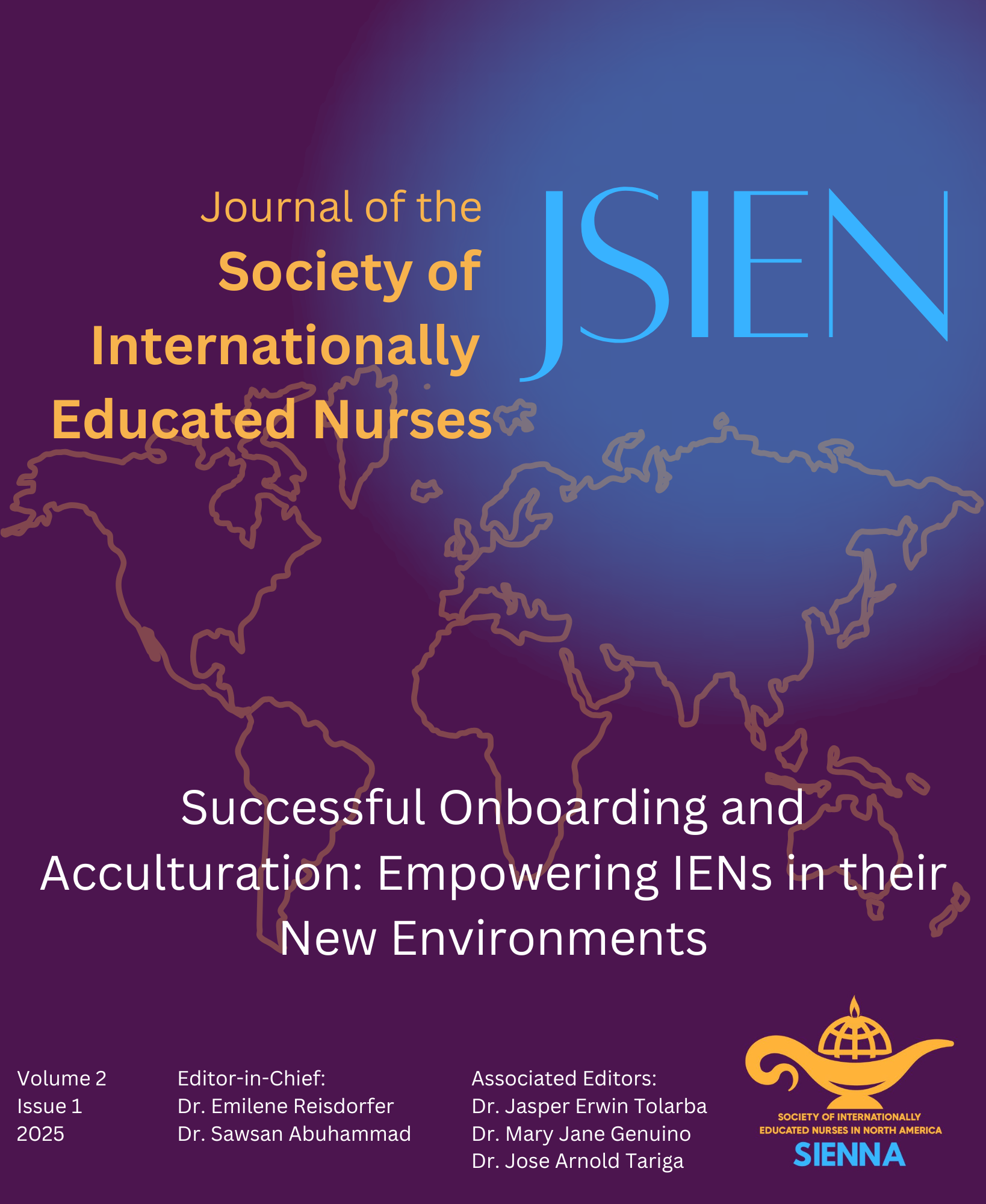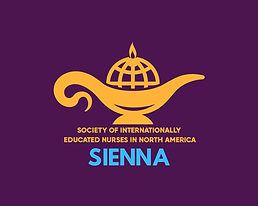Beyond the Paycheck: The Case for Culturally Competent Financial Literacy for Internationally Educated Nurses
DOI:
https://doi.org/10.31542/9z44rw72Keywords:
Internationally Educated Nurses (IENs), Financial Literacy, Cultural CompetencyAbstract
Background: Internationally Educated Nurses (IENs) are critical to sustaining the U.S. healthcare system, yet they face a unique and precarious set of financial challenges upon arrival. Current support systems often fail to address their specific needs, offering "one-size-fits-all" financial literacy programs designed for a domestic workforce.
Problem: This generic approach overlooks the high-stakes financial realities IENs navigate. These include significant migration-related costs, predatory recruitment practices like Training Repayment Agreements (TRAPs), persistent pay gaps, and the non-discretionary cultural and economic obligations of transnational remittances.
Argument: This commentary argues that generic financial advice is not only inadequate but culturally incompetent. It fails to address the lived, transnational financial reality of IENs, who must simultaneously manage new-country debts and old-country family obligations, all while learning a new financial system.
Proposal: We call for a new paradigm: the research and development of a "Culturally-Competent Financial Literacy" (CCFL) model. This commentary proposes that such a model must be peer-led, co-designed with IENs, and provide specialized education on topics like identifying predatory contracts, building U.S. credit from zero, and managing the psycho-social pressures of remittances. This is a necessary step toward fulfilling the promise of ethical recruitment and providing genuine workforce support.
References
Published
Issue
Section
License
Copyright (c) 2025 Journal of the Society of Internationally Educated Nurses

This work is licensed under a Creative Commons Attribution-NonCommercial 4.0 International License.


